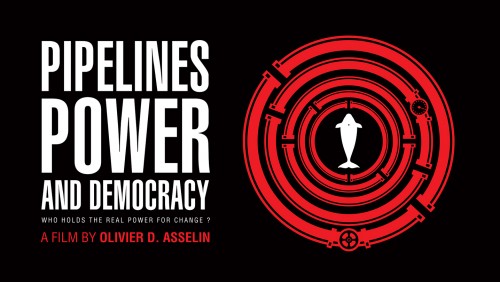
The expansion of Canada’s oil sands industry—one of the most polluting on the planet—represents a huge environmental challenge. And, as the documentary Pipelines, Power and Democracy makes clear, when it comes to fossil fuels, political power doesn’t always lie where we think it does.
From the hallways of Quebec’s National Assembly, where parliamentary power resides, to the campaigns waged by environmental defence groups and the big media splashes made by some activists, director Olivier D. Asselin follows the journeys of four people who adopt a variety of tactics—showing that it is still possible to effect change.
Over the course of two years, Asselin documents the growth of an anti-pipeline movement in Quebec that rekindled a sense of collective purpose and solidarity.
The result is a film that urges action at a moment in which our planet’s fragile ecological balance is threatened by those who embrace economic growth at any cost.
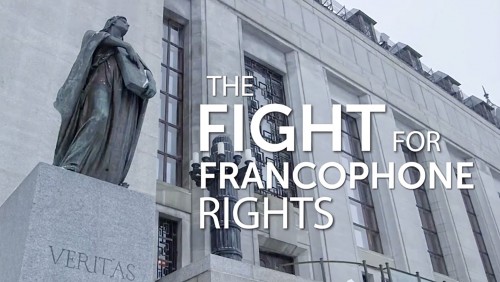
En 1982, avec l’adoption de l’article 23 de la Charte canadienne des droits et libertés, la Constitution canadienne reconnaît aux minorités linguistiques le droit à l’éducation dans leur propre langue. Mais les minorités francophones hors Québec font alors face à une dure réalité : les infrastructures nécessaires pour recevoir une éducation française manquent ou sont carrément inexistantes.
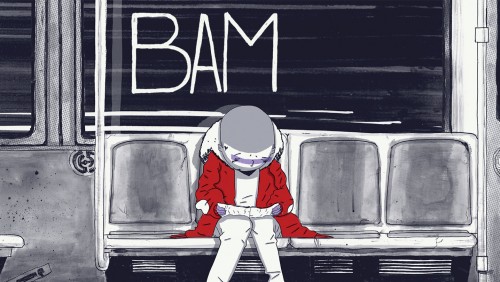
BAM is a story of rage. In a dense inner city haunted by primordial gods, an unassuming young boxer struggles to understand the disturbing consequences of his explosive temper—both inside and outside the ring. While many of Howie Shia’s films (Flutter, Ice Ages) juxtapose mythological archetypes with modern urbanity, BAM takes a distinctly darker turn: the young boxer’s battles are as heroic as they are tortured, as eternal as they are alienating. Is the violence inside of him a conditioned reaction, an innate reflex, or a divine right?
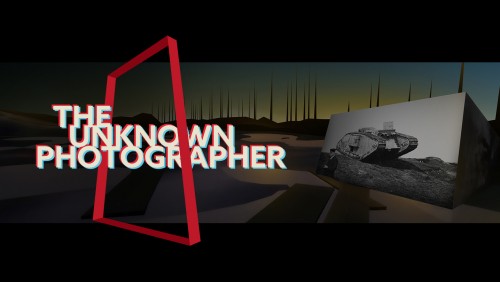
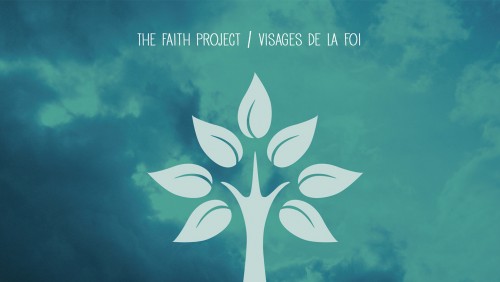
The Faith Project is an immersive media experience that intimately observes the rituals of seven young Canadians from different faith traditions. Religious identity and expression can be very personal topics, but the practitioners profiled in this project offer viewers a deep, privileged understanding of their diverse faiths. Set in a specifically Canadian context, the website and app include supplementary content that deepens viewers’ understanding of each interviewee’s faith. Shuttling between the project’s short portraits, striking commonalities between different traditions emerge. The articulate, busy young women and men at the heart of The Faith Project weave faith into their daily lives not as an obligation but as something that is essential to their identity and place in the world. Whether it is smudging or singing, a mandir or a mosque, a Siddur or the Bible, it’s clear how essential spiritual practice is to the bustling, stressful daily lives and identities of these young Canadians.
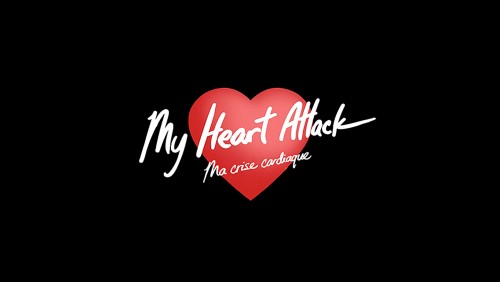
The true story of a “nice Jewish boy with Buddhist inclinations” who suffers a heart attack. At the crossroads of documentary and animation, Sheldon Cohen’s film combines wry humour and philosophical musings to show that, sometimes, what feels like the end is really only just the beginning.
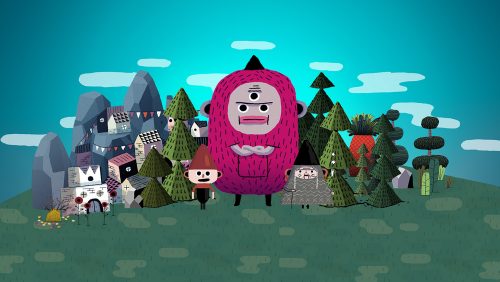
Everyone loves potatoes in Potatoland, as they are the bounty on which they survive. After his village is struck with misfortune, Chips finds himself to be sorely lacking in potatoes. Through innovation and human contact, he must learn to survive without them in order to save his community and overturn the potatosaurus Monster's dominance.
I Love Potatoes is an adventure game for 7 to 77 year olds that deals with social innovation and sustainable economy issues in a slightly absurd, funny and quirky manner. Available for the Web, tablets and mobiles (IOS and Android), this playful journey will teach the steps of social innovation to people of all ages. Download this game whose narrative is designed to plant new ideas and harvest some change.
A Vali Fugulin game co-created with Minority and produced by the NFB. Illustrations by Patrick Doyon.
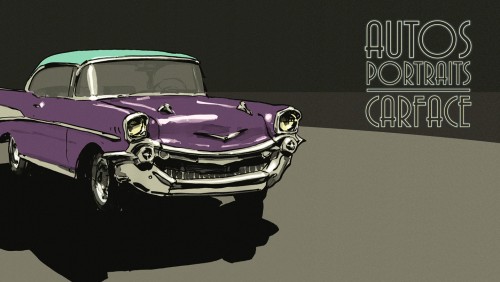
A 1957 Chevy Bel Air performs an ironic take on the American ballad “Que Sera, Sera (Whatever Will Be, Will Be).” The radiator grille morphs into a cajoling pair of lips, crooning the reassuring rhymes, while a spectacularly choreographed choir of cars sings backup. A scathing satire of the power of Big Oil, Carface is musical comedy on a grand scale, with filmmaker and cartoonist Claude Cloutier skewering carefree contemporary attitudes toward the threats to our planet.
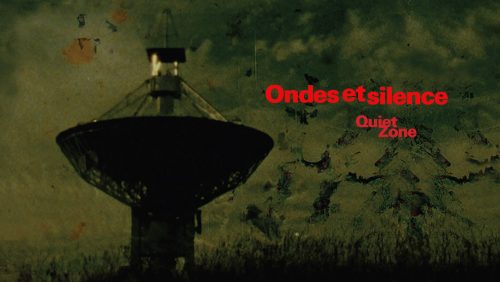
In Quiet Zone, the filmmakers take us deep into the world of those who suffer from electromagnetic hypersensitivity. These “wave refugees” settled in West Virginia around the Green Bank observatory, in an area known as the National Radio Quiet Zone. Combining elements of documentary, film essay and experimental film, Quiet Zone defies genres, weaving together an unusual story in which sound and image distort reality to make the distress and suffering of these people palpable.
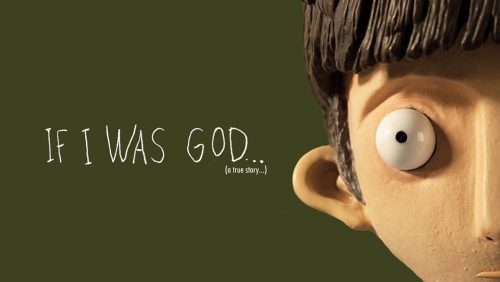
Directed by two-time Oscar®-nominated animator and long-time NFB collaborator Cordell Barker (The Cat Came Back, Strange Invaders), If I Was God explores the difficult gateway between childhood and adolescence, when the approaching power of adulthood is often mistaken for omnipotence. Drawing inspiration from his own memories of a particularly awkward day in Grade 7, and using a variety of animation techniques, from traditional animation to stop-motion puppets and more, Barker creates a darkly whimsical 3D animated short film with an organic, hand-made feel that’s as imperfectly human as the world we all ultimately craft for ourselves.
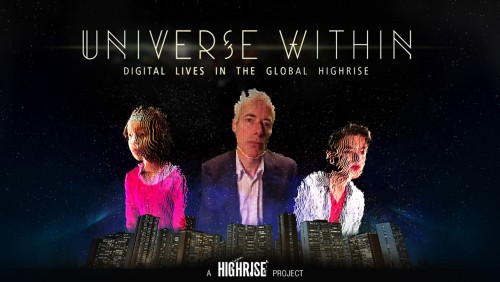
Universe Within: Digital Lives in the Global Highrise is an interactive documentary that takes us into the apartments, hearts, minds and computers of vertical citizens around the world to reveal the digital human condition in the 21st century. Trapped in our highrise units, can we find love, hate, peace, god, community—or a better world—online?
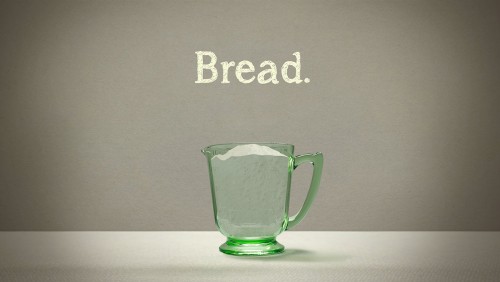
Six recipes. Six different women. Recounting lifetimes of hardship and joy, the women profiled in this interactive documentary share the beloved bread recipes of their families, communities, and heritages, reflecting the spiritual and cultural nourishment that only fresh, hand-made food can provide. From the Dutch pannekoek recipe of a WWII refugee to the traditional fry bread of a Blackfoot woman, each recipe reflects the diverse experiences of the woman behind it. By sharing recipes from their families and cultures, the women in Bread are giving voice to the universal human experiences—pain, joy, memory, and love—that make us who we are.
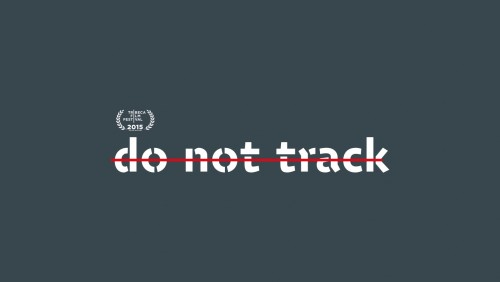
Do Not Track is a personalized documentary series about privacy and the web economy. If you share data with us, we’ll show you what the web knows about you.
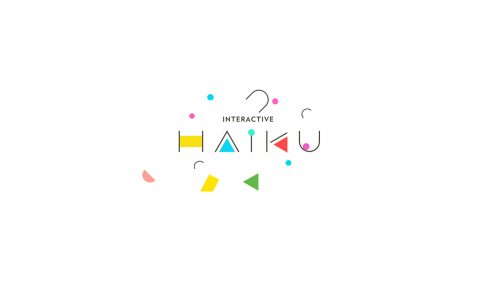
Haiku is a highly formalized Japanese form of short poem. It describes phenomena within the space of a single breath, using our senses and our emotions. The instantaneous nature of haiku invites both reflection and imagination.
On the Internet, everything is fast. Very very very fast. We consume more and more shorter and shorter content. Snapchat, Twitter, Vine, the most-shared BuzzFeed lists – everything is designed to be rapidly ingested. But just because something is short doesn't mean it can't have depth. After all, there are plenty of powerful short films, web clips rich in content, poems filled with intensity, and haikus pregnant with meaning...
The National Film Board of Canada and ARTE hit on the idea of adapting the haiku formula to the digital age. Together, they sought submissions from creators who were up to the challenge of producing interactive explorations that met the following 10 criteria:
The experience should be 60 seconds long.
It should inspire us to see the world we live in differently.
One interactive concept should be used.
It should employ a full browser design with common NFB/ARTE header.
No navigation menu should be used.
It must include sound.
It should be understandable and accessible to an international audience.
Project creators must own or have released all rights.
It must be computer and tablet friendly.
It must break one of the creative rules.
Out of the 162 proposals received from around the world, 12 were selected. In addition to being short, the digital haikus they have created are surprising, moving and smart. Together, they form a collection of 12 interactive explorations.
The winning 12 interactive haiku proposals were chosen by an international jury made up of IDFA DocLab founder and curator Caspar Sonnen; OFFF Festival founder and programmer Héctor Ayuso; David Carzon, assistant editor at Libération; artist and computer engineer Jonathan Harris; NFB Interactive Studio head of production Marie-Pier Gauthier; ARTE web commissioning editor Alexander Knetig; and jury chair William Uricchio, professor of comparative media studies and principal investigator at the MIT Open Documentary Lab and the MIT Game Lab.
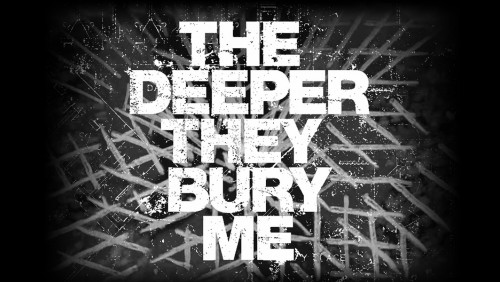
The Deeper They Bury Me offsets this dark history with surprising tenderness and lyricism, returning throughout to a simple voice on the phone. Speaking down the line, across decades of deprivation and injustice, it resounds with defiance, humour and wisdom.